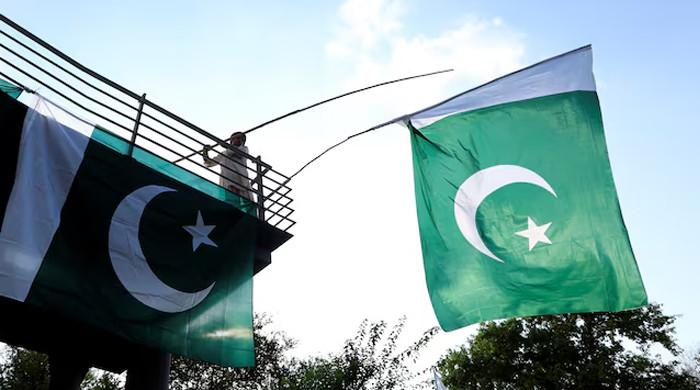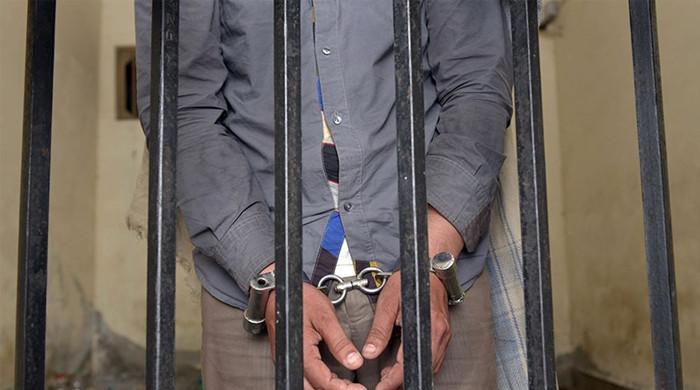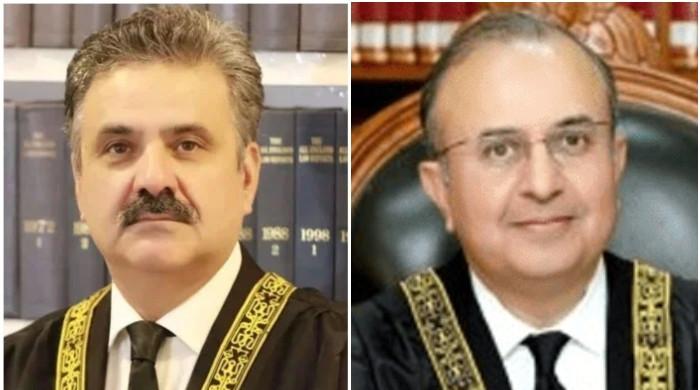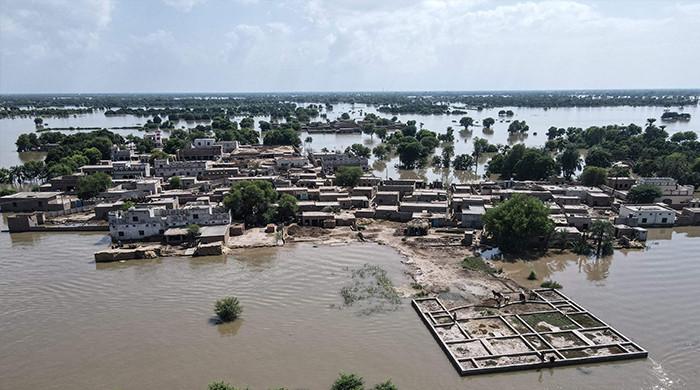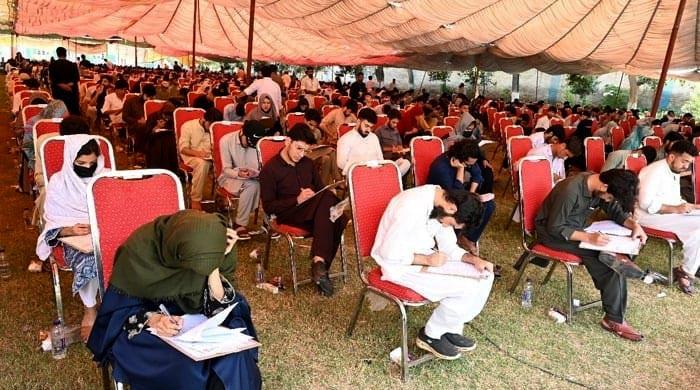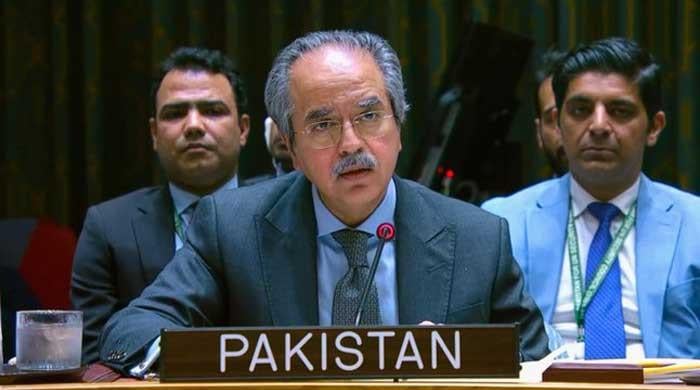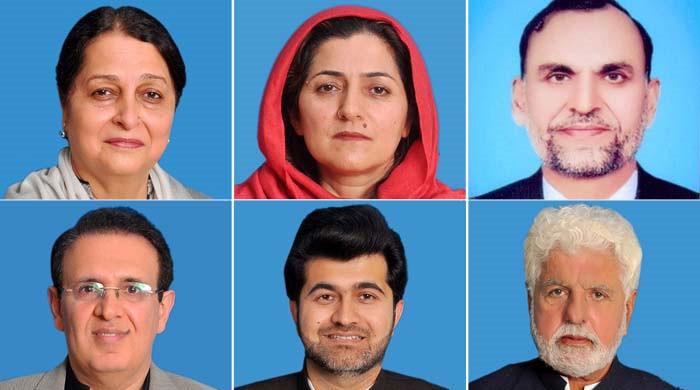Kartarpur corridor represents Pakistan's commitment to religious freedom: Gen Bajwa
"Pakistan respects all religions and recognises need for promotion of religious tourism," says General Bajwa
June 28, 2022
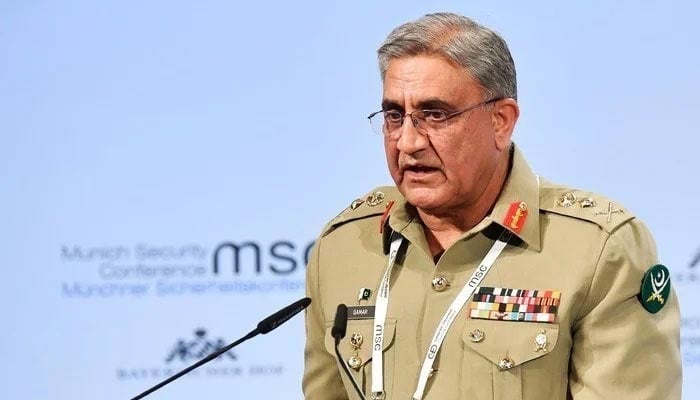
- "Pakistan respects all religions and recognises need for promotion of religious tourism," says Gen Bajwa.
- British Sikh soldiers' delegation lauds Pakistan Army's efforts in bringing peace and normalcy to tribal districts.
- Delegation visits several religious sites in country.
RAWALPINDI: Chief of Army Staff General Qamar Javed Bajwa Tuesday said that the Kartarpur corridor was the practical manifestation of Pakistan’s unwavering commitment to religious freedom and harmony.
His comments came during a meeting with the British Sikh soldiers' delegation, a statement issued by the Inter-Services Public Relations (ISPR) said.
During the meeting, General Bajwa said that Pakistan respects all religions and recognises the need for the promotion of religious tourism in the country.
The British Sikh soldiers' delegation lauded the Pakistan Army's efforts in bringing peace and normalcy to tribal districts.
The delegation — comprising 12 members who visited the General Headquarters (GHQ) — was headed by Deputy Commander Field Army UK Major General Celia J Harvey.
The delegation visited Lahore where it witnessed a flag-lowering ceremony at the Wagah border. It also visited Lahore Fort, Allama Iqbal Mausoleum, and the Badshahi Mosque.
During their stay, the British Sikh soldiers visited several religious sites in the country including Darbar Hazrat Mian Mir, Haveli Nau Nihal Singh, Gurdwara Janam Asthan Guru Ram Das, Samadhi Maharaja Ranjit Singh, Gurdwara Dera Sahib, Kartarpur Corridor, Nankana Sahib and Dera Panja Sahib.
The delegation also visited Orakzai District and witnessed Samana Fort, Lockhart Fort and Saragarhi Monument where it laid a wreath, the ISPR said.
This was the place where 21 Sikh soldiers laid their lives in 1897 as part of a British expedition and has much historical significance for Sikhs.




